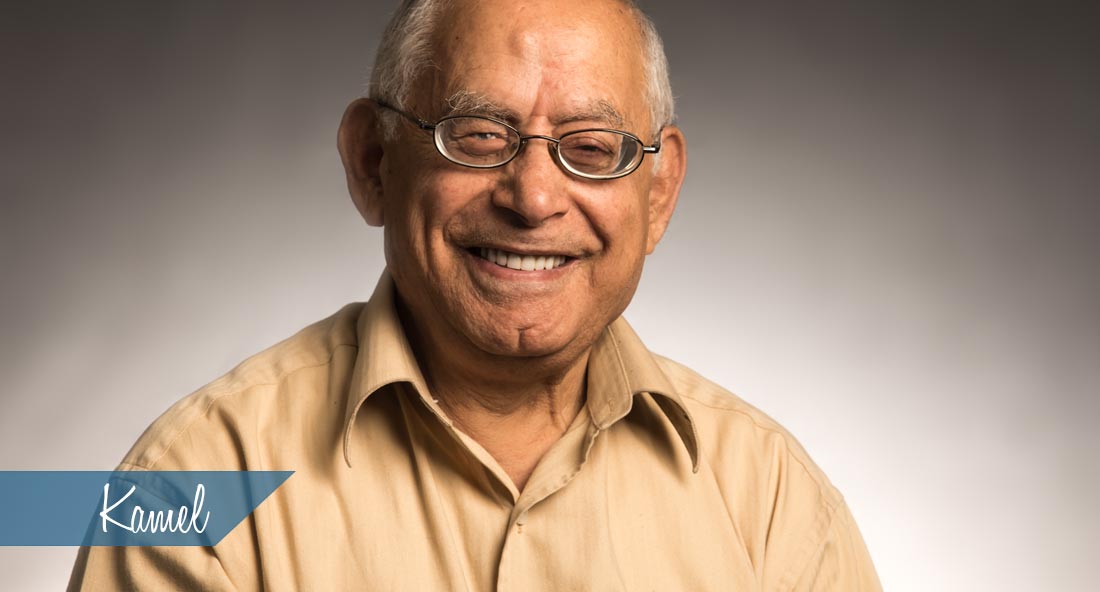- Goodwill Middle Tennessee Welcomes Six New Board Members
- ‘Proud of You, Mom’: A Jackson Woman’s Journey to Sobriety and Success
- How to Clean a Thrifted Leather Jacket from a Thrift Store
- How to Thrift Furniture Like a Pro
- How To Create A Unique Thanksgiving Craft For Your Table Setting Found At Goodwill®
- January 2026
- November 2025
- October 2025
- August 2025
- July 2025
- June 2025
- May 2025
- April 2025
- February 2025
- January 2025
- October 2024
- May 2024
- April 2024
- March 2024
- February 2024
- January 2024
- December 2023
- November 2023
- October 2023
- September 2023
- July 2023
- June 2023
- March 2023
- February 2023
- January 2023
- December 2022
- November 2022
- September 2022
- August 2022
- July 2022
- June 2022
- May 2022
- April 2022
- March 2022
- February 2022
- December 2021
- November 2021
- October 2021
- September 2021
- August 2021
- July 2021
- June 2021
- May 2021
- April 2021
- March 2021
- January 2021
- November 2020
- September 2020
- August 2020
- June 2020
- May 2020
- April 2020
- March 2020
- February 2020
- January 2020
- December 2019
- October 2019
- August 2019
- July 2019
- June 2019
- May 2019
- April 2019
- March 2019
- February 2019
- January 2019
- December 2018
- November 2018
- October 2018
- August 2018
- May 2018
- April 2018
- March 2018
- February 2018
- January 2018
- December 2017
- November 2017
- October 2017
- August 2017
- July 2017
- June 2017
- May 2017
- April 2017
- March 2017
- February 2017
- January 2017
- December 2016
- November 2016
- October 2016
- September 2016
- August 2016
- July 2016
- June 2016
- May 2016
- April 2016
- March 2016
- February 2016
- January 2016
- December 2015
- November 2015
- October 2015
- September 2015
- August 2015
- July 2015
- June 2015
- May 2015
- April 2015
- March 2015
- February 2015
- January 2015
- December 2014
- October 2014
- September 2014
- August 2014
- July 2014
- June 2014
- May 2014
- April 2014
- March 2014
- February 2014
- January 2014
- December 2013
- November 2013
- October 2013
- September 2013
- August 2013
- July 2013
- June 2013
- May 2013
- April 2013
- March 2013
- February 2013
- January 2013
- December 2012
- November 2012
- October 2012
- September 2012
- August 2012
- July 2012
- June 2012
- May 2012
- April 2012
- March 2012
- February 2012
- January 2012
- December 2011
- November 2011
- October 2011
- September 2011
- August 2011
- July 2011
- June 2011
- May 2011
- April 2011
- March 2011
- February 2011
- January 2011
- December 2010
- November 2010
- October 2010


Wayfarer Finds Home at
Once, Kamel presided over rows and rows of silvery fish. Now, books in their thousands swim past his discerning eye.
They are, in some ways, similar roles. But the road Kamel traversed between fish and books spanned 6,500 miles, 25 years and a lot of ups and downs.
It began in late 1980s when he was working as a seafood inspector in Egypt. The middle-aged family man had a degree in agriculture from the University of Cairo, and he loved his job. But when he was replaced without notice or explanation, Kamel decided to travel to America to improve his fortunes.
He arrived in New Jersey in 1990, alone and struggling to understand the American accent. Kamel’s native tongue is Arabic, and though he can communicate in basic English, he found it far more difficult to do so in the U.S. than he had in Africa, where a British accent predominates.
Nonetheless, he landed a job in a bakery run by an Italian-American and quickly made friends. His plan was to work hard, save his money and then return to his wife and three children in Egypt, but his friends persuaded him to stay in the U.S.
He resolved to gather funds to bring his family to America. Despite an outstanding work ethic, it took Kamel eight years to save enough money.
In 2000, the family moved to Nashville, and Kamel took a job at a bakery at Opryland. Things were going well, and in 2004, Kamel became a U.S. citizen.
About the same time, he purchased a gas station. But the new business venture failed after two years because of a price war with other stations in the area.
“I put all my money in this business, but business did not go up,” he says. The setback left him almost where he started when he arrived in America. He took a job at an area meat processing plant, but the man who grew up amid the desert sands found working in refrigerated warehouses intolerable.
“Too much cold,” he explains.
So, at the age of 63, Kamel once again had to make a new start. He visited a local government office to seek help. A worker there told him he could get free computer training from Goodwill.
Kamel had never had the chance to use a computer in Africa, and he realized that computer skills might be beneficial in his job search.
“I chose Goodwill, because Goodwill gave me the opportunity for training,” he says.
He participated in a basic computer class at the Goodwill Career Solutions center in downtown Nashville, and after completing the class in June of 2006 he was offered a job in Goodwill’s salvage department. Almost a decade later, he inspects and sorts books and other donated items for sale in Goodwill’s stores or for recycling.
Mary Stockett, Goodwill’s director of continuous improvement and post market development, said Kamel is an outstanding employee.
“He is very dedicated to performing a quality job,” she says. “He is a very hard worker and exceeds his goals. What’s more, he works very well with his fellow employees who love working with him.”
Thanks to steady employment at Goodwill, Kamel has been able to provide for his family, pay for a house and even put his children through college.
“I love Goodwill,” he says.
More Success Stories
 Paul: When the housing market went south, so did I,” he explained. READ HIS STORY
Paul: When the housing market went south, so did I,” he explained. READ HIS STORY
 Andy: Once, Andy had been married, with a son, a good job and a home. READ HIS STORY
Andy: Once, Andy had been married, with a son, a good job and a home. READ HIS STORY
 Mercedes: Mercedes had never held a job before. When she came to Goodwill. READ HER STORY
Mercedes: Mercedes had never held a job before. When she came to Goodwill. READ HER STORY
— By Chris Fletcher
Prior to joining Goodwill as its PR & Communications Manager in 2014, Fletcher was a professional journalist for
more than 25 years working at media outlets in three states, including the Associated Press.

